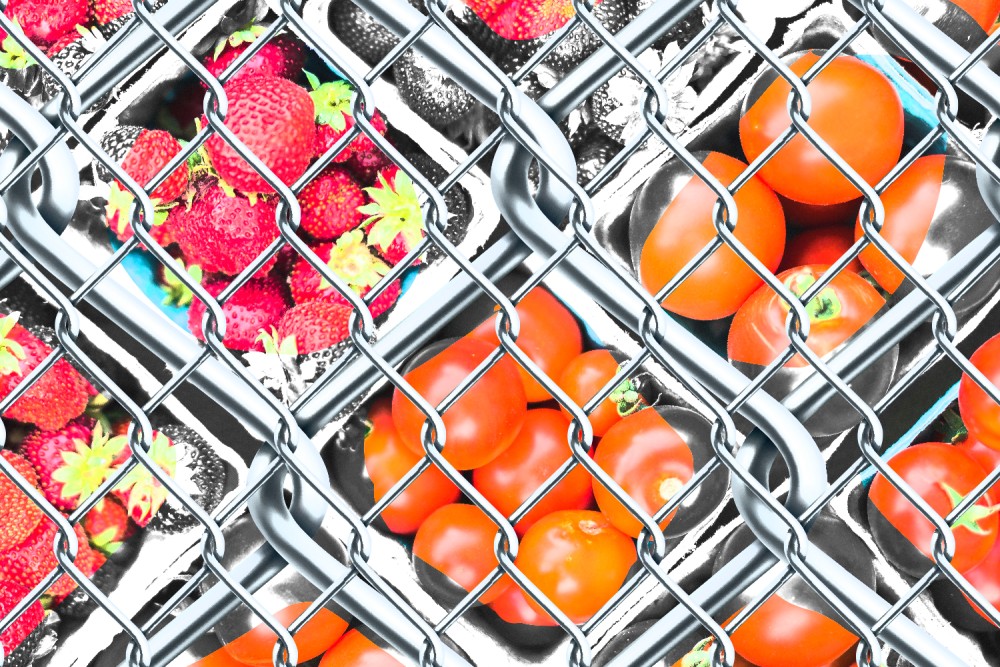SNAP under siege
Federal debt default has been averted. The price is more restrictions on a critical program that feeds hungry Americans.

Century illustration / Source images: Getty
Last week, with just days to spare before federal debt default, Congress passed President Biden and House Speaker Kevin McCarthy’s debt ceiling deal.
There’s no good reason an administration of any party should have to negotiate—much less at the 11th hour—for authorization to pay the nation’s bills. That said, from an anti-poverty perspective, the deal itself could be worse. Spending limits are less draconian than in the last deal of this kind, from 2011. And while deficit reduction can tempt recession, in the current climate it may also help cool inflation. What’s more, the deal includes some limited measures to expand access to federal assistance.
Yet it also bears the hallmarks of austerity policy that specifically targets the social safety net. Allegedly about deficit reduction, it in fact addresses only the spending side of the deficit coin—Biden’s proposed tax increases on the wealthy didn’t make it in. And limits on discretionary spending exempt the largest category by far: the Pentagon. Instead, the poor are left to bear the brunt.




